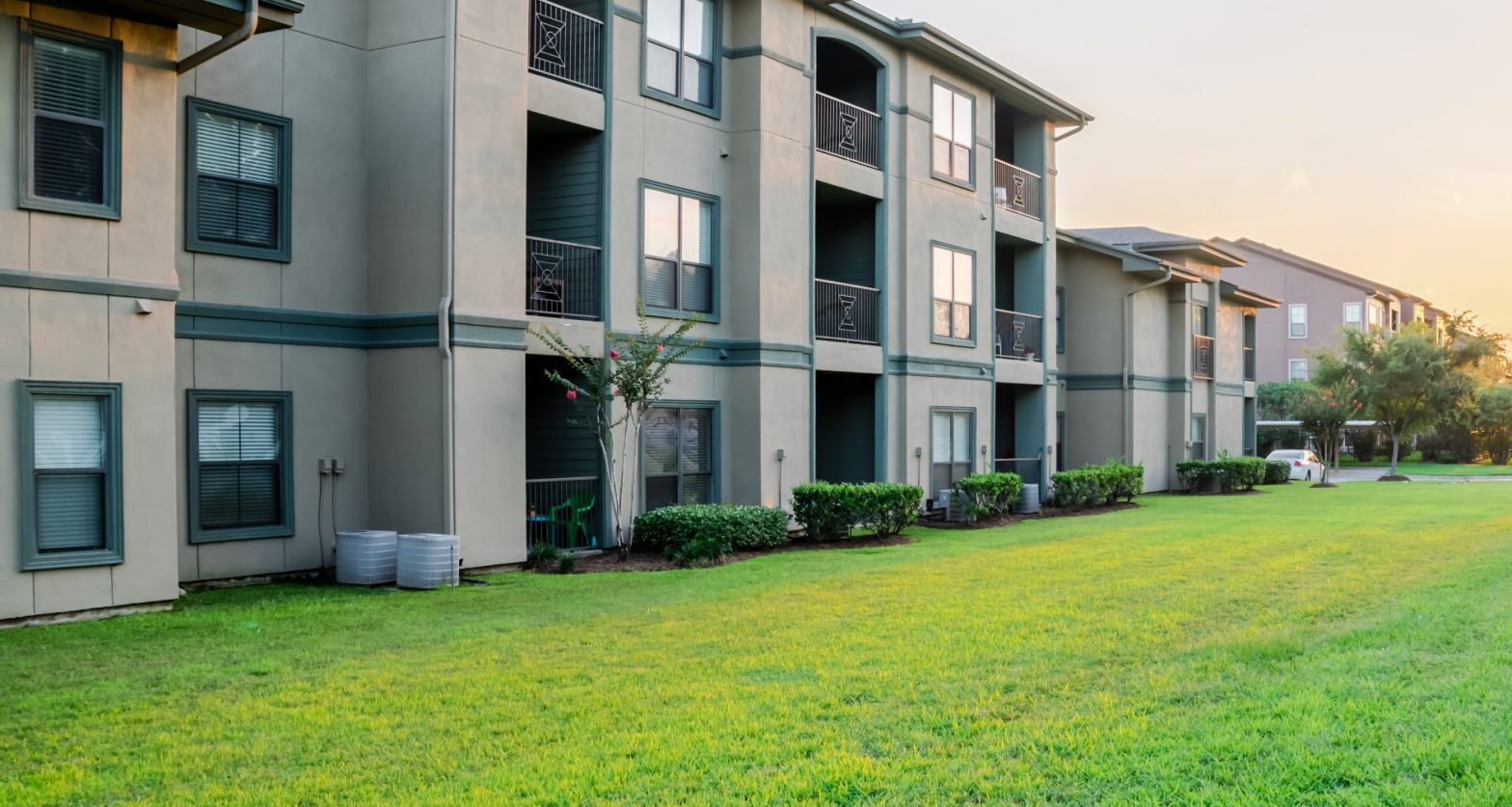The Competition and Markets Authority (CMA) has recently published its response to a government consultation examining ground rent reforms for existing leasehold properties. The CMA has concluded that ground rent is neither “legally nor commercially necessary”. They also stated that they do not see any “persuasive evidence that consumers received anything in return”.
In recent years, the government has often voiced their ambition to reform the leasehold system, with the Levelling Up, Housing and Communities Secretary Michael Gove previously describing leasehold as an “outdated feudal system that needs to go”. He has since been reined in by Downing Street, with the abolition of the leasehold system no longer on the agenda.
Instead, reform has focused more on some of the most conspicuously objectionable issues with the system, including ground rent reform, prohibition of new leaseholds for houses, and “making it easier” for leaseholders to purchase their freehold. The Leasehold and Freehold Reform Bill which is currently making its way through Parliament is designed to address these issues.
What is the issue with ground rent?
Ground rent in particular has been identified by stakeholders as an area in significant need of reform. While it was abolished for new leases in June 2022, existing leases still contain a provision for ground rent. But what is it?
Ground rent is a yearly charge paid by the leaseholder to the freeholder, the person who owns the land the property is on. The idea of ground rent is that the leaseholder is paying an annual charge for the privilege of living on the freeholder’s land. However, the CMA has concluded that it is not “legally nor commercially necessary”. Leasehold property holders pay an average of £319 in ground rent costs per year, totalling £447 million.
To make matters worse, many leaseholders have been stuck in contracts with rising ground rents which can double over time or increase in line with inflation. This can make it very difficult for leaseholders to sell or remortgage their properties.
To the surprise and consternation of many when they come to try and buy a flat, leaseholders do not own their homes outright. Instead leasehold is a form of home ownership which gives the leaseholder the exclusive right to live in a property for a fixed number of years. England and Wales are one of the very few countries in the world which still uses the leasehold system.
Dozens of freeholders have committed to making changes to the ground rent they charge since 2022, with the likes of Taylor Wimpey, Aviva and Persimmon all removing certain clauses which led to the doubling of ground rents payable by leaseholders. After action by the CMA, thousands of leaseholders who paid double ground rent have received refunds. All leaseholders will also have their ground rents return to the original fee amount which was charged when the property was first sold to them. These ground rents will no longer increase over time.
What reforms have been proposed when it comes to Ground Rent?
The Housing Secretary, Michael Gove, has proposed capping all existing ground rents to a peppercorn level, effectively zero. At the moment, while the capping of ground rents to a peppercorn rate has been applied to new leases, it has not also been applied to existing leases. This means that even if you bought a new lease from another leaseholder on or after 30th June 2022, you will still have to pay ground rent.
While the current bill proposes reducing ground rent to a peppercorn subject to the extension of a lease (standard length of 990 years), further ground rent reform is subject to the aforementioned consultation. The government has stated that they will look to introduce a ground rent cap through the Leasehold and Freehold Reform Bill subject to the consultation.
In total, five proposals have been made regarding the best way to reform ground rent for existing leaseholders. These include:
- setting ground rents at a peppercorn
- putting in place a maximum financial value which ground rents could never exceed
- capping ground rents at a percentage of the property value
- limiting ground rent in existing leases to the original amount when the lease was granted
- freezing ground rent at current levels
It is notable that none of the proposals made argue for the continuation of the status quo when it comes to ground rent, something which will be celebrated by leaseholders. Nevertheless, while the bill is currently making its way through parliament, the complexity of the housing market means that even once the bill does pass, it is difficult to say when the reforms will actually take effect.
Our thoughts
In the residential sector, ground rents exceeding £250 per year (or £1,000 per year in Greater London) can be problematic. If the leaseholder or future owners fail to pay this rent as per the lease terms, the landlord can take possession of the property more easily. This situation is treated like an assured tenancy, giving the landlord quicker ways to end the lease without going through the usual ‘forfeiture of the lease’ process. This could leave the leaseholder or the lender with no property rights. Lenders may be hesitant to provide a mortgage for properties with high ground rents.
The proposed changes would mean more security for homeowners and will boost confidence in new purchasers and lenders when choosing leasehold properties. The changes will make owning a home more affordable, less complicated, and fairer by preventing freeholders from unfairly increasing ground rent without benefiting leaseholders.
We hope it will bring a more healthy dynamic to the property market as this will also allow leaseholders to purchase a freehold at a lower cost. Some freeholders have taken advantage of the system in the past, so these changes will provide homebuyers with greater security. Predictably, homes with shorter leases will be more appealing for buyers, rather than being a hindrance to a successful sale.
Have questions? Get in touch today!
Call us on 020 7928 0276, phone calls are operating as usual and we will be taking calls from 9:30am to 6:00pm.
Email us on info@lisaslaw.co.uk.
Use the Ask Lisa function on our website. Simply enter your details and leave a message, we will get right back to you: https://lisaslaw.co.uk/ask-question/
For more updates, follow us on our social media platforms! You can find them all on our Linktree right here.




